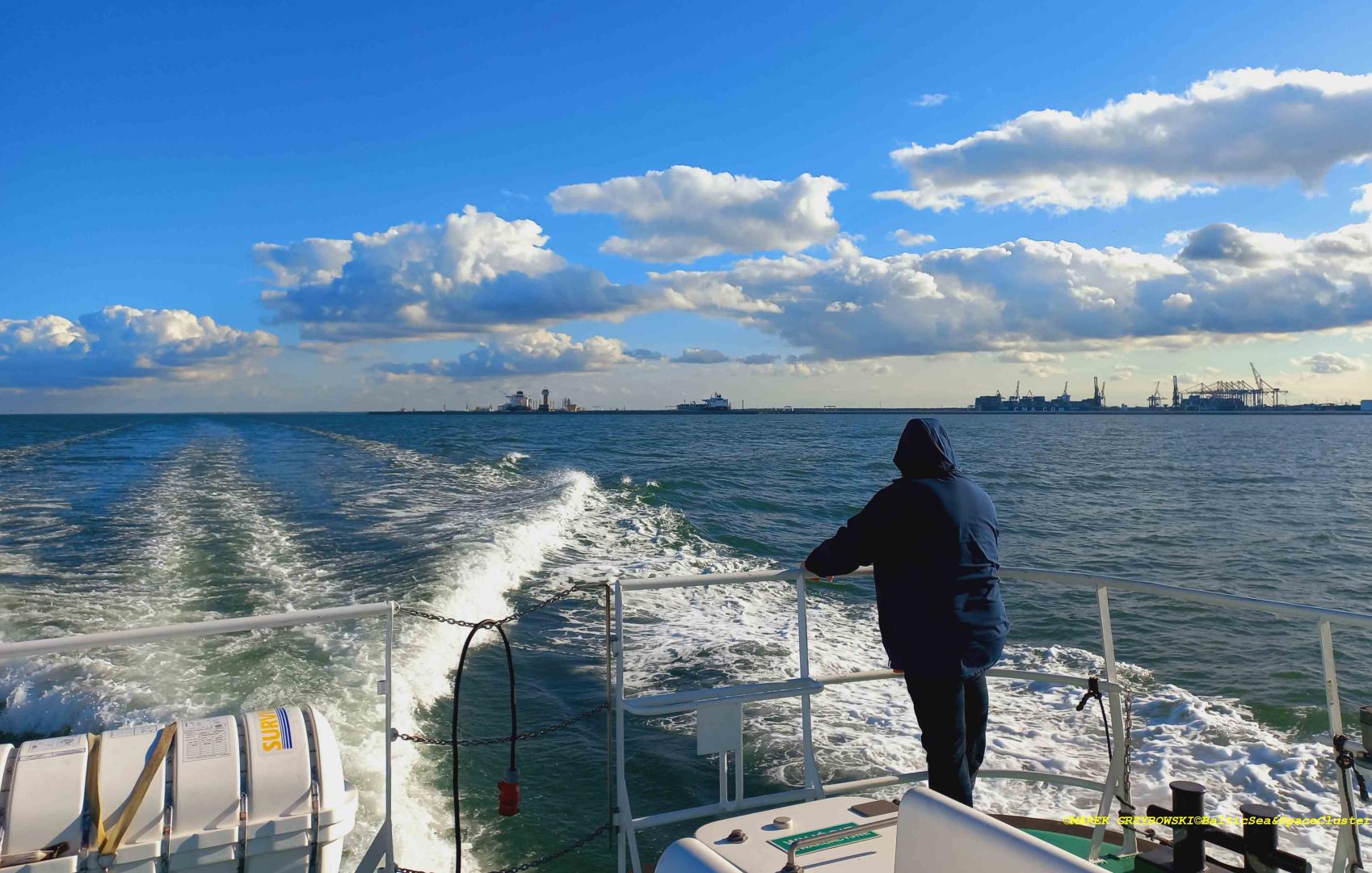UNCTAD: The ocean economy is a business of 3 billion people worth up to $6 trillion


 By Marek Grzybowski
By Marek Grzybowski
The ocean economy is worth between $3 and $6 trillion and offers enormous opportunities for developing countries to build resilience. Business related to the use of the oceans provides the livelihoods of approximately 3 billion people, says UNCTAD in the latest report “Trade and Environment Review 2023”. UNCTAD calls for a move towards seaweed and plastic substitutes. The export value of goods related to the maritime business was estimated at $1.3 trillion in 2020. It includes income from fishing and the production of fish and seafood products, construction, ship repairs and recycling, and the production of port equipment. Maritime transport services and revenues from coastal maritime tourism are also included in the estimates.

– The European Union is by far the world’s leading exporter ($459 billion), followed by China ($160 billion). Among the developing countries, the next largest exporters are India (USD 34 billion), Turkey (USD 19 billion) and Thailand (USD 17 billion) – calculated by experts from UNCTAD – the Organization for Economic Co-operation and Development. The Covid-19 crisis has revealed which sectors of the maritime economy have development potential and are resistant to global disruptions, and which sectors are sensitive and prone to crises. UNCTAD notes that “Overall, ocean freight transport has demonstrated remarkable resilience during the crisis, declining by just 3.2% in 2020.”
Faces of the crisis in the ocean economy The 59% drop in sales of maritime tourism services was a disaster. It affected all types of activities. There was a collapse of coastal and maritime tourism. Both activities have suffered due to blockages in the movement of people. During this time, two areas of the maritime business developed. The pandemic did not stop the development of seafood processing. During and after the pandemic, more people reached for ready-to-eat foods with a longer shelf life. Producers of advanced marine technologies also benefited. The demand for modern technical solutions, supported by information and space technologies, has increased dynamically. Monitoring of fleets and cargo has improved. IoT and the use of simulators and VR have developed. As a result, in 2020, the export of goods related to maritime industries increased to USD 681 billion and exceeded the value of exports of services (USD 628 billion).



Seaweed instead of plastic The report highlights two new sectors of ocean business that are particularly active. One type of activity is seaweed production. – Seaweed can grow without fresh water and fertilizers and captures huge amounts of CO2. The value of the global market has more than tripled in two decades, from $4.5 billion in 2000 to $16.5 billion in 2020, write UNCTAD experts. They can be used in many different ways. Seaweed is used to produce food, cosmetics and biofuels. And they can also be used as an alternative to plastic. The second rapidly growing business area is plastic substitutes. according to UNCTAD – which offer huge opportunities for developing countries to attract investment, create jobs and diversify their ocean economies.
More: UNCTAD: The ocean economy is a business of 3 billion people worth up to $6 trillion https://www.bssc.pl/2024/01/15/unctad-the-ocean-economy-is-a-business-o…